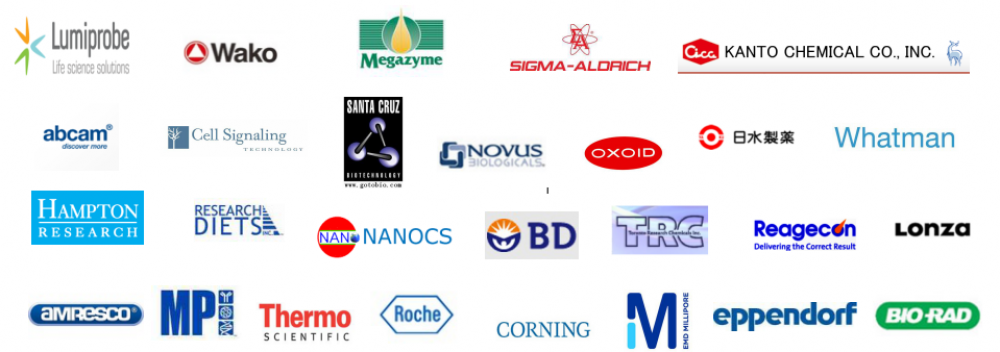Forskolin
貨號(hào):C665752
規(guī)格:50mg
品牌:OrganRegen
產(chǎn)品介紹

DESCRIPTION
|
Forskolin (Coleonol) is a potent adenylate cyclase activator with an IC50 of 41 nM and an EC50 of 0.5 μM for type I adenylyl cyclase[1]. Forskolin is also an inducer of intracellular cAMP formation[2]. Forskolin induces differentiation of various cell types and activates pregnane X receptor (PXR) and FXR[3]. Forskolin exerts a inotropic effect on the heart, and has platelet antiaggregatory and antihypertensive actions. Forskolin also induces autophagy[1][2][3]. |
|||
|
Alias |
毛喉素; Coleonol; Colforsin |
||
|
M. W t |
410.50 |
||
|
Formula |
C22H34O7 |
||
|
CAS No |
|||
|
Storage |
Powder |
-20°C |
3 years |
|
In solvent |
-80°C |
6 months |
|
|
-20°C |
1 month |
||
|
Solubility |
DMSO |
100 mg/mL(243.61 mM; Need ultrasonic) |
|
|
Ethanol |
82 mg/mL(199.76 mM) |
||
|
H2O |
< 0.1 mg/mL(insoluble) |
||
技術(shù)參數(shù)
BIOLOGICAL ALTIVITY
Forskolin (Fsk) is a naturally occurring diterpene isolated from Coleus forskholii, directly activates adenylyl cyclase (AC) through its catalytic subunit to increase intracellular levels of cyclic adenosine monophosphate (cAMP)[1].
Forskolin (Fsk) affects the proliferation of the human T-cell lines such as Kit 225 and MT-2. Forskolin treatment inhibits the proliferation of both Kit 225 and MT-2 cells in a dose-dependent manner with an IC50 equal to ~5 μM Fsk. Forskolin treatment (10-100 μM) increases cAMPi levels ~5- to 20-fold above basal levels, which reache maximum levels between 50-100 μM Forskolin[4].
In Vivo
The Forskolin (Coleonol)-treated Mrp4-/- mice shows an increased number of Ki67-positive and cleaved caspase 3-positive ECs, a significant decrease in the amount of pericyte coverage, and a reduced number of empty sleeves. In pups exposed to hyperoxia (75% oxygen) from P7 to P12, the Mrp4-/- mice shows a significant increase in the unvascularized retinal area[2].
REFERENCES
